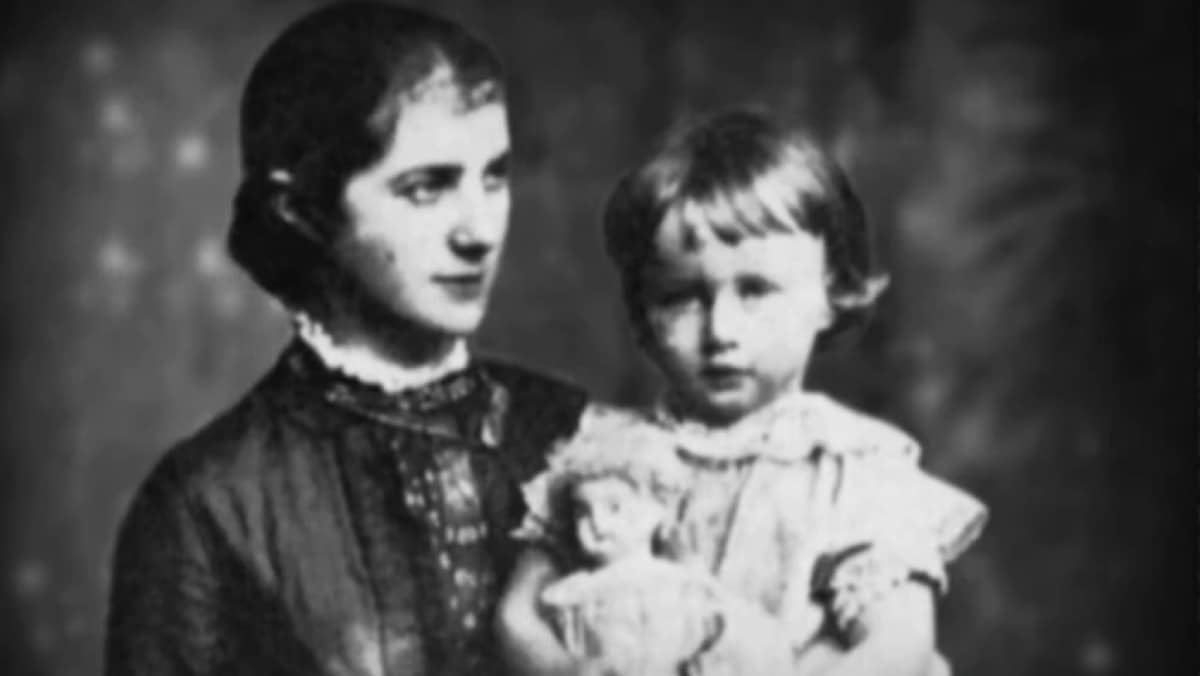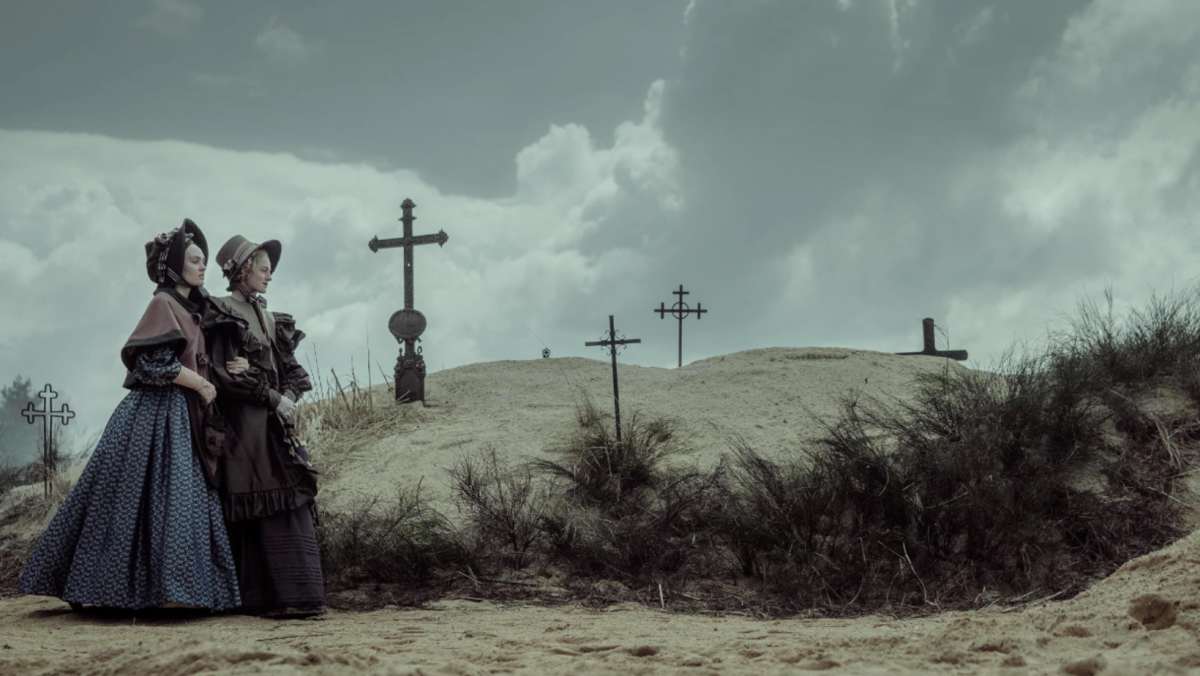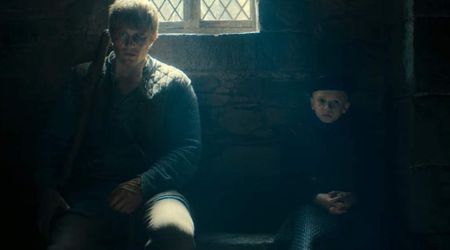How 'Nosferatu' came dangerously close to being erased from film history

Christmas is all set to become chiller than ever as the supernatural horror flick 'Nosferatu' will make its premiere on Wednesday, December 25. Directed by Robert Eggers, the horror flick is set in 1838, where a young woman, Ellen Hutter (Lily-Rose Depp), is being haunted by the Transylvanian vampire Count Orlok (Bill Skarsgård), setting the stage for a high-stakes drama.
The unreleased horror flick is generating massive hype, all thanks to it being the remake of the 1922 German film of the same name. However, the movie couldn't escape the hot waters of scrutiny as someone tried to sabotage it a decade before, and despite their best efforts, the legacy of 'Nosferatu' continues to live on.
Who is Florence Stoker?

Florence Stoker was the daughter of Lt Col James Balcombe and was born on 17 July 1858. Florence later marries Bram Stoker in December 1878 in Dublin, Ireland. Bram is still widely renowned for his 1897 Gothic horror novel, 'Dracula,' on which 'Nosferatu' was based on. Florence and Bram moved to London shortly after their wedding as per the Women Museum of Ireland. There, Stoker began his career in the theatrical world, notably working with the famous actor Henry Irving and managing the Lyceum Theatre.
Reportedly, Florence supported her husband's literary aspirations and built a life together, staying married until Stoker’s death in 1912. Florence’s enduring support played a crucial role in Stoker’s literary and theatrical achievements, including the creation of his iconic novel 'Dracula.'
Why Florence Stoker opposed the unauthorized use of 'Dracula'

After Bram's death, Florence struggled financially due to declining royalties from 'Dracula,' and in 1922, frustrated that others were profiting from his work, she sought to recover damages from 'Nosferatu,' a German film, as per SYFY. As per reports, by the time the case reached German courts, the production company had declared bankruptcy, and the rights to the film were transferred. However, Florence won her case, but lengthy appeals meant she never received the money owed to her.
In 1925, after it became clear that financial compensation was unattainable, Florence focused on punishing those behind the plagiarism and even won when a German court ordered that all copies of Nosferatu be seized and destroyed. However, 'Nosferatu' would not be permanently erased. Despite the destruction efforts, copies of the film had already spread to the US and become popular. This left Florence with little legal recourse in America.
Ultimately, Florence shifted her attention to authorized adaptations of her husband's work, and later she even supported a stage version of 'Dracula,' in 1931, when the novel was adapted into a film by Universal Pictures, Florence was fully on board and finally received payment.
Well we're glad that Florence wasn't able to kill the beloved horror franchise as 'Nosferatu' is all set to make its theatrical debut on Wednesday, December 25.










